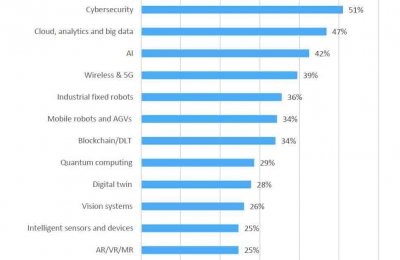DOE project to establish hydrogen as cost effective fuel
Frontier Energy has launched the H2@Scale in Texas and Beyond project, which intends to show renewable hydrogen as a cost-effective fuel for multiple end-use applications, including fuel cell electric vehicles.
More Stories
Frontier Energy, in close collaboration with GTI and The University of Texas at Austin, has launched the H2@Scale in Texas and Beyond project, which intends to show that renewable hydrogen can be a cost-effective fuel for multiple end-use applications, including fuel cell electric vehicles, when coupled with large, baseload consumers that use hydrogen for clean, reliable stationary power.
The US Department of Energy (DOE) project, Demonstration and Framework for H2@Scale in Texas and Beyond is supported by DOE’s Hydrogen and Fuel Cell Technologies Office within the Office of Energy Efficiency and Renewable Energy.
Frontier Energy is also partnering with GTI, the University of Texas at Austin, OneH2, Texas Gas Service, SoCalGas, Toyota Motor North America, Shell, Mitsubishi Heavy Industries, Air Liquide and PowerCell Sweden AB to conduct two related projects:
• In the first, UT-Austin will host a first-of-its-kind integration of commercial hydrogen production, distribution, storage, and use. The project partners will generate zero-carbon hydrogen onsite via electrolysis with solar and wind power and reformation of renewable natural gas from a Texas landfill. For the first time, both sources of renewable hydrogen will be used in the same project. The hydrogen will power a stationary fuel cell to provide clean, reliable power for the Texas Advanced Computing Center and supply a hydrogen station with zero-emission fuel to fill a fleet of Toyota Mirai fuel cell electric vehicles.
• In the second project, at the Port of Houston, the project team will conduct a feasibility study for scaling up hydrogen production and use. The team will assess available resources, prospective hydrogen users, and delivery infrastructure, such as existing pipelines that supply hydrogen to refineries. The study will examine policies, regulations, and economics so that industry can develop a strategic action plan to present to policymakers to enable heavy-duty fuel cell transportation and energy systems.
“The project H2@Scale in Texas and Beyond brings hydrogen industry leaders together with enthusiastic and important new participants to design, build, and operate the first dedicated renewable hydrogen network. It will demonstrate infrastructure safety and reliability in a real-world situation,” said Nico Bouwkamp, Frontier Energy’s H2@Scale project manager.
“The project will also leverage Texas’ extensive resources—wind power, solar energy, underground salt-dome storage formations, hydrogen pipelines, natural gas infrastructure, international port operations, and a large, concentrated industrial infrastructure—to demonstrate the potential of DOE’s H2@Scale initiative.”
“Hydrogen can be an important link between renewables and existing energy infrastructure,” said Ted Barnes, GTI R&D Director, Energy Utilization. “The focus of H2@Scale is to enable affordable and reliable large-scale hydrogen generation, transport, storage, and utilisation in the US across multiple sectors, and this project will integrate a wide variety of new and existing technologies and identify innovative concepts to develop robust hydrogen solutions. GTI has decades of experience and a long-standing commitment to hydrogen research and technology development, and we are excited to be a part of this project focused on low-carbon energy and integrated energy networks.”
“Hydrogen has significant potential to contribute to our nation’s domestic energy resources, enhance energy security, and enable economic growth, and Texas has the potential to become a leader in this space,” said Michael Lewis, the H2@Scale Principle Investigator and a Senior Research Engineer at the Center for Electromechanics at UT-Austin.
“The Center for Electromechanics and the University are pleased to host the H2@Scale R&D and will help educate a generation of engineers who can make these academic advances real.”
The project started on July 1, 2020 and will continue for three years. The project partners committed half of the funding for the $10.8 million project that will demonstrate how hydrogen production and use can enable grid resiliency, align domestic industries, increase competitiveness, and promote job creation.
“EERE funding and leadership of this project are crucial to show that a resource-rich state like Texas can continue its role as a leading energy provider as the country transitions to renewables,” Bouwkamp concluded. –Tradearabia News Service
Projects
















